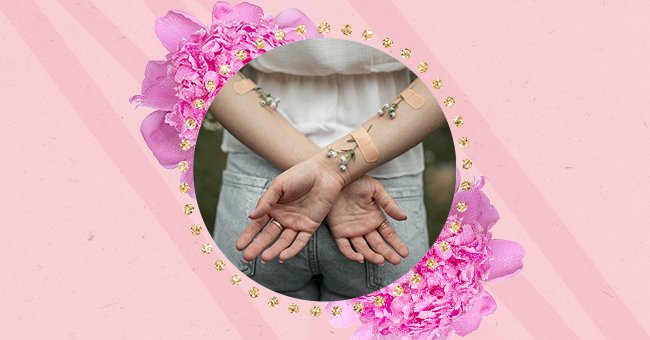
A Glimpse Into Why Natural Does Not Mean Safe
Natural herbs and remedies seem like they won't mean harm, but do we know the full effects on the body? Are you getting a specific strain of plant that you need?
Natural remedies have been used throughout history to treat ailments and injury. But some herbs and actual supplements have little-to-no research to show they work.
Because people believe natural products don't contain any chemicals, they think that these natural medicines are non-toxic. Natural remedies and supplements contain chemical compounds, and their ingredients and effects may not be known.
Conditions Natural Medicines Are Used For
Many people assume that because big pharmaceutical companies do not make herbal medications, it is safer to treat illnesses. However, this is not the Case as pharmaceutical companies are forced to have medicines undergo testing like clinical trials before they are allowed to be sold to the public.
Many pharmaceutical medications such as aspirin, and digoxin, used to treat heart diseases, are plant-based. Other herbal remedies that promise to cure Alzheimer’s and dietary supplements.
Natural Herbs

Unsplash
Natural remedies generally do not undergo the same amount of testing because it is plant-based. The use of untested products to treat diseases is dangerous because without knowing the side effects or which strain of the plant you are using, you are taking medication you don’t know enough about.
Where research has been done on most natural products, it seems they don't produce the results that they promise. Some of these include
1 Ginkgo Biloba
Extracts from the tree have been used in Chinese medicine for thousands of years as a treatment for asthma; nowadays, it is used for memory problems. It can take up to 3 months to show results; research indicates that memory improvement is due to the impact on the body.
Effects of Ginkgo Biloba on the body include dilating the blood vessels, acting as an antioxidant, and stopping blood from clotting; because of this, people on warfarin and aspirin should not use ginkgo Biloba as it can lead to a brain bleed. Side effects are uncommon, but nausea and vomiting, loss of appetite, and skin rashes are a few side effects that may occur.
2 Ginseng
Ginseng is a root of plants that gained its reputation for promoting health and improving endurance during sex. It has antioxidant properties and is commonly used to boost your energy.
It can be eaten raw or used to make tea. Research shows that it rarely boosts stamina, but it does have antioxidant properties. Side effects include vaginal bleeding, insomnia, and hypoglycemia. It is also thought to prevent blood from clotting and shouldn't be used by people who take warfarin.
3 Valerian
Valerian a plant root that functions as a mild sedative for insomnia and irritability; it works as a depressant and therefore can treat spasms. The plant’s root can be boiled in water for 10 to 15 minutes to make tea.
Its popularity is associated with the increase in insomnia over the years. Components of Valerian have effects on sedation but also activation of your brain. Side effects include restlessness, gastric disturbances, and weakness.